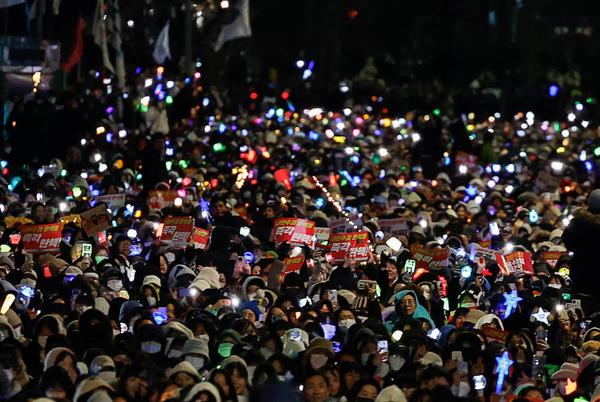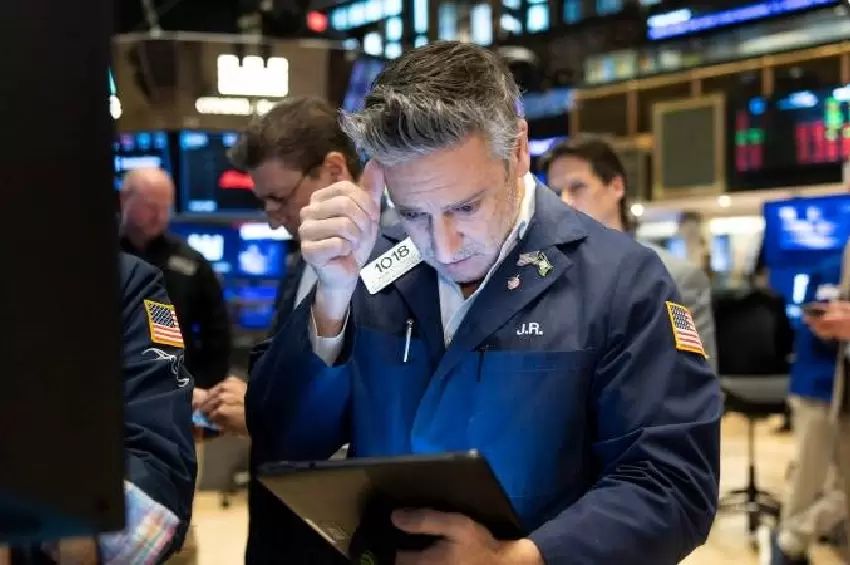Foreign Investors Continue to Sell Korean Stocks
For the fourth consecutive month, foreign investors have been on a selling spree in South Korean stocks, with a significant net sale of 4.2 trillion won in domestic listed stocks last month. This trend, which began in August, has been exacerbated by the political uncertainty following the state of emergency declared on December 3.

Impact on KOSPI and KOSDAQ Markets
According to the "Foreign Securities Investment Trends for November 2024" report released by the Financial Supervisory Service (FSS) on December 10, foreign investors recorded a net purchase of 83 billion won in the KOSDAQ market but a substantial net sale of 4.154 trillion won in the KOSPI market. The selling trend was widespread, with notable net sales by investors in the United States (-1.6 trillion won), Europe (-900 billion won), and Asia (-500 billion won).
Decline in Foreign Holdings
The continuous selling has significantly impacted the amount of domestic listed stocks held by foreign investors, which decreased by 35.2 trillion won from the previous month to 693.6 trillion won. This is the lowest level in a year since November last year, when it stood at 692.2 trillion won. Compared to July this year, before the selling trend began, the holdings have decreased by a staggering 159.1 trillion won.
Bond Market Activity
Despite the heavy selling in stocks, foreign investors recorded a net investment of 1.487 trillion won in listed bonds. They made a net purchase of 3.259 trillion won in listed bonds and received 1.772 trillion won in maturity repayments. As of the end of November, the holding amount of listed bonds by foreign investors was 270 trillion won, accounting for 10.4% of the listed balance.
Investor Preference in Bond Market
In the bond market, foreign investors showed a preference for longer-term investments. They recorded a net investment of 300 billion won in government bonds and a net withdrawal of 1.1 trillion won in monetary stabilization bonds. Specifically, they invested 1.1 trillion won in bonds with remaining maturities of 1-5 years and 1 trillion won in bonds with maturities over 5 years, while withdrawing 600 billion won from bonds with maturities of less than 1 year.
Political Uncertainty and Market Volatility
The ongoing political uncertainty in South Korea, marked by the recent state of emergency, has likely contributed to the cautious stance of foreign investors. Political instability often leads to increased market volatility, prompting investors to reduce their exposure to perceived risks.









Comments